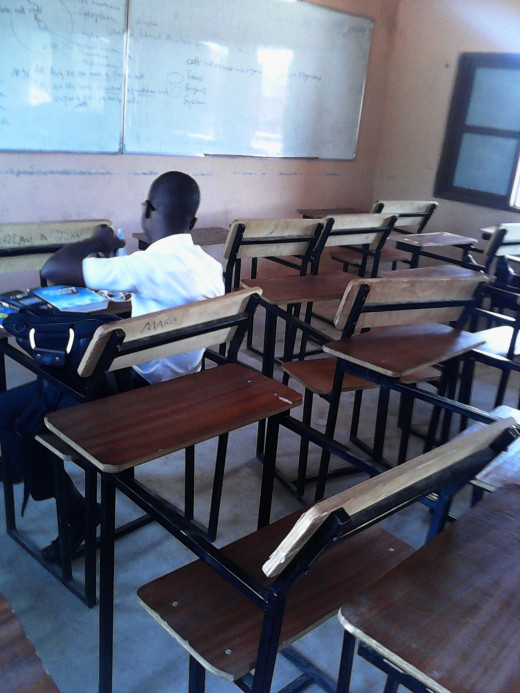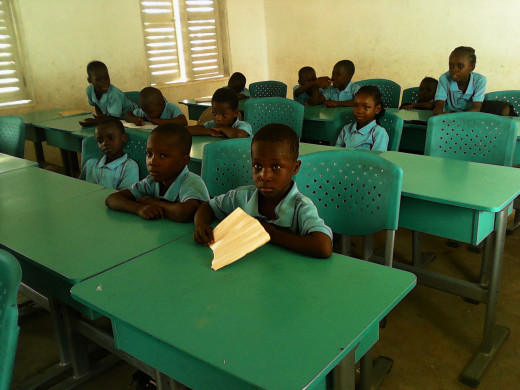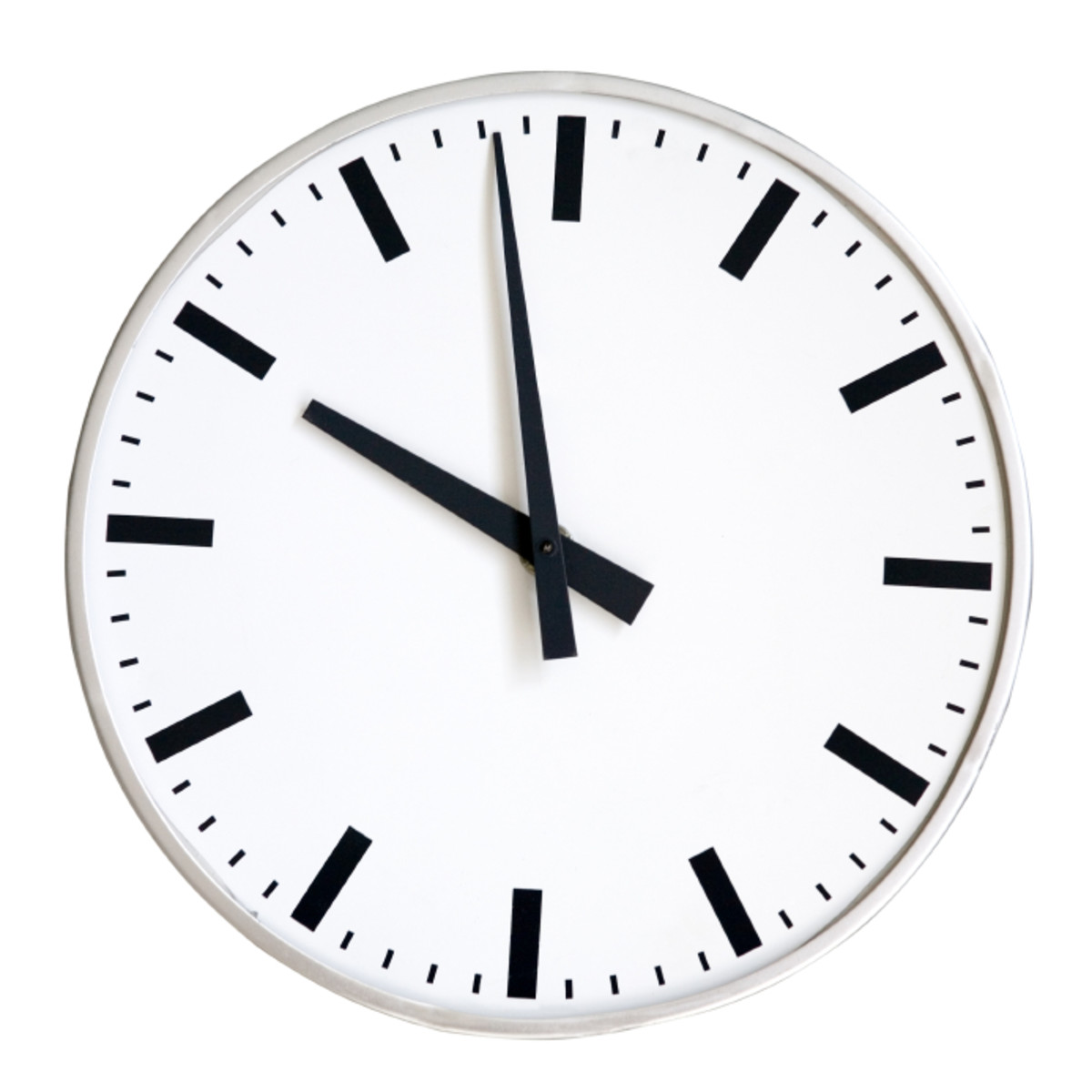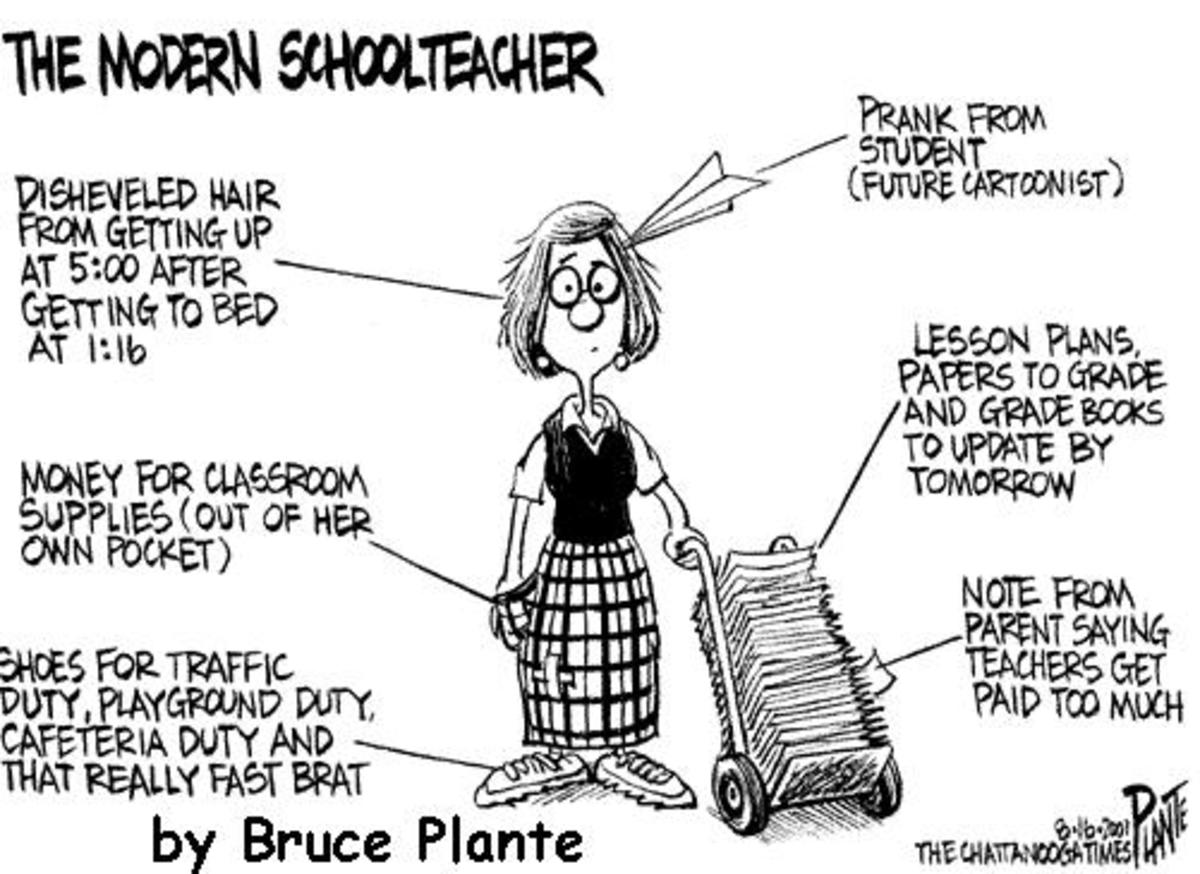How to Manage a Claasroom
Classroom management systems include regular techniques of managing instructional and behavioral interactions in the classroom. In order for you as a classroom teacher to succeed in your teaching, six key elements of effective classroom management you need to adopt are:
Planning
Establishing functional rules
Getting off a good start
Monitoring the classroom environment
Keeping records effectually, and
Creating strategies for managing interruptions
- Planning: although planning is initially time consuming, teachers must take explicit plans to become better organized and see the worth of the plans. Teachers who plan and communicate their expectations to their students promote academic achievement. Teachers must plan for who, what and how they will teach, the materials they will use, smooth transitions between classes and activities.
- Establishing functional rules: the purpose of rules is to enhance students’ academic and social achievement. Effective teachers teach students how to follow simple rules and regulations. Begin with rules that are of the most immediate importance e.g. how to seek permission to leave the classroom, ask a question, respond to a question, etc. State the rules clearly and enforce them consistently. Also make rules that are not related to discipline such as those covering classroom routines for distributing, progressing to new activities, starting and ending class. The rules should be simple, easy to follow and enforce.

- Getting off a good start: discuss classroom procedures with students at the beginning of the school year and provide opportunities for students to practice them so that they can understand the rules. During the first few days, much feedback is needed. State your expectations frequently and give students affirmative or corrective feedback.
- Monitoring the classroom environment: in order to teach efficiently, teachers need to monitor student’s behavior in the classroom. Make students responsible for some work during lessons and monitor to see that it is actually accomplished. Room arrangement is an important part of a monitoring strategy. Ensure orderly arrangement of desks and tables in the classroom to ensure effective use of instructional time. Make sure you can see all students at all times irrespective of your position in the classroom. You may also use questions as a monitoring tool.
- Keeping records: record management is an important part of maintaining fair and equitable grading system. The teacher must keep records of grades, attendance, student class participation, disciplinary actions and other aspects of the classroom life. The teacher must develop a comprehensive and systematic approach to records keeping. Establish reasonable guidelines for standards, quality, late work, missed assignments among others. Also anecdotal records should be objectively maintained to document classroom incidents such as fights, inappropriate behavior and cheating as well as appropriate behavior such as courage, ingenuity and creativity. These acts should be recorded as soon as they occur.
- Managing interruptions: teachers must anticipate and plan well for interruptions. Transitions in instructions should be planned for as well as establishing firm expectations regarding student behavior to avoid as many unanticipated interruptions.









